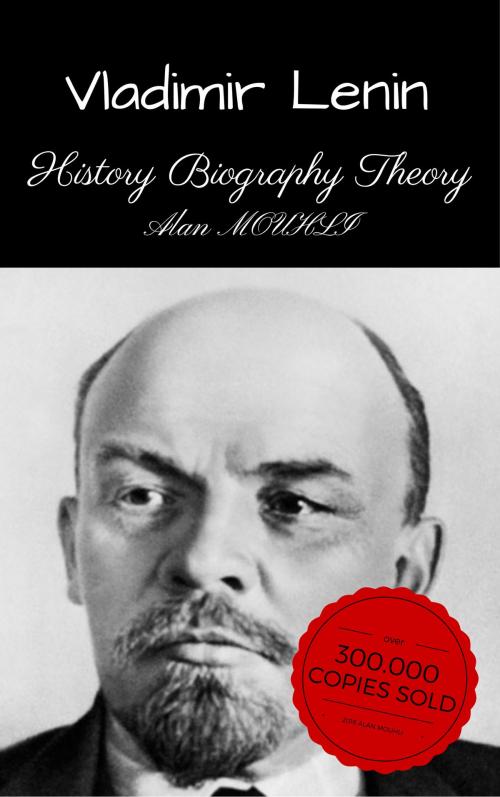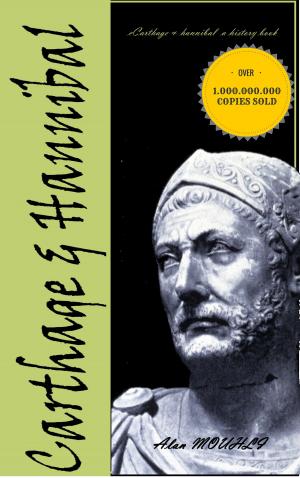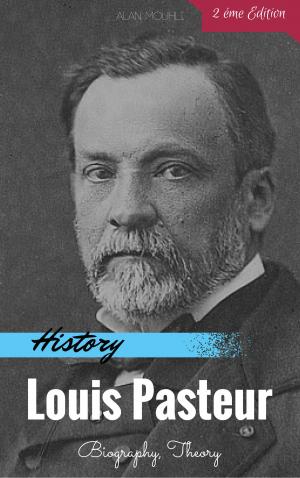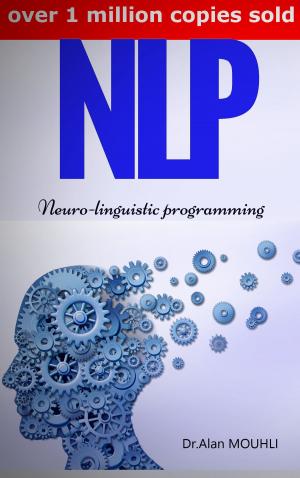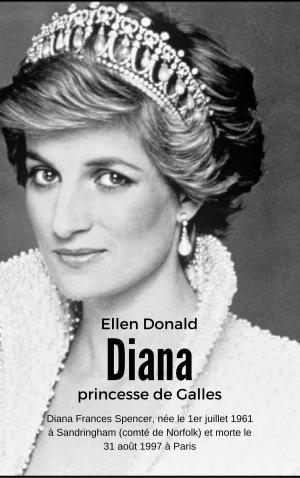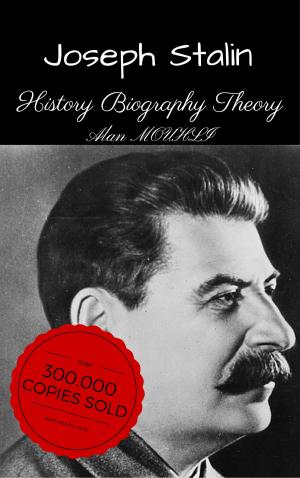| Author: | Alan MOUHLI | ISBN: | 1230001135800 |
| Publisher: | Alan MOUHLI | Publication: | May 17, 2016 |
| Imprint: | Language: | English |
| Author: | Alan MOUHLI |
| ISBN: | 1230001135800 |
| Publisher: | Alan MOUHLI |
| Publication: | May 17, 2016 |
| Imprint: | |
| Language: | English |
Vladimir Lenin was founder of the Russian Communist Party, leader of the Bolshevik Revolution and architect and first head of the Soviet state. Vladimir Lenin founded the Russian Communist Party, led the Bolshevik Revolution and was the architect of the Soviet state. He was the posthumous source of "Leninism," the doctrine codified and conjoined with Marx's works by Lenin’s successors to form Marxism-Leninism, which became the Communist worldview. He has been regarded as the greatest revolutionary leader and thinker since Marx. Widely considered one of the most influential and controversial political figures of the 20th century, Vladimir Lenin engineered the Bolshevik revolution in Russia in 1917 and later took over as the first leader of the newly formed Union of Soviet Socialist Republics (USSR).
He was born Vladimir Ilich Ulyanov on April 22, 1870, in Simbirsk, Russia, which was later renamed Ulyanovsk in his honor. In 1901, he adopted the last name Lenin while doing underground party work. His family was well-educated, and Lenin, the third of six children, was close to his parents and siblings.
School was a central part of Lenin’s childhood. His parents, both educated and highly cultured, invoked a passion for learning in their children, especially Vladimir. A voracious reader, Lenin went on to finish first in his high school class, showing a particular gift for Latin and Greek.
But not all of life was easy for Lenin and his family. Two situations in particular shaped his life. The first came when Lenin was a boy and his father, an inspector of schools, was threatened with early retirement by a suspicious government nervous about the influence public school had on Russian society. The more significant and more tragic situation came in 1887, when Lenin’s older brother, Aleksandr, a university student at the time, was arrested and executed for being a part of a group planning to assassinate Emperor Alexander III. With his father already dead, Lenin now became the man of the family.
Aleksandr’s involvement in oppositional politics was not an isolated incident in Lenin’s family. In fact, all of Lenin’s siblings would take part to some degree in revolutionary activities.
Read More
Vladimir Lenin was founder of the Russian Communist Party, leader of the Bolshevik Revolution and architect and first head of the Soviet state. Vladimir Lenin founded the Russian Communist Party, led the Bolshevik Revolution and was the architect of the Soviet state. He was the posthumous source of "Leninism," the doctrine codified and conjoined with Marx's works by Lenin’s successors to form Marxism-Leninism, which became the Communist worldview. He has been regarded as the greatest revolutionary leader and thinker since Marx. Widely considered one of the most influential and controversial political figures of the 20th century, Vladimir Lenin engineered the Bolshevik revolution in Russia in 1917 and later took over as the first leader of the newly formed Union of Soviet Socialist Republics (USSR).
He was born Vladimir Ilich Ulyanov on April 22, 1870, in Simbirsk, Russia, which was later renamed Ulyanovsk in his honor. In 1901, he adopted the last name Lenin while doing underground party work. His family was well-educated, and Lenin, the third of six children, was close to his parents and siblings.
School was a central part of Lenin’s childhood. His parents, both educated and highly cultured, invoked a passion for learning in their children, especially Vladimir. A voracious reader, Lenin went on to finish first in his high school class, showing a particular gift for Latin and Greek.
But not all of life was easy for Lenin and his family. Two situations in particular shaped his life. The first came when Lenin was a boy and his father, an inspector of schools, was threatened with early retirement by a suspicious government nervous about the influence public school had on Russian society. The more significant and more tragic situation came in 1887, when Lenin’s older brother, Aleksandr, a university student at the time, was arrested and executed for being a part of a group planning to assassinate Emperor Alexander III. With his father already dead, Lenin now became the man of the family.
Aleksandr’s involvement in oppositional politics was not an isolated incident in Lenin’s family. In fact, all of Lenin’s siblings would take part to some degree in revolutionary activities.
Read More
